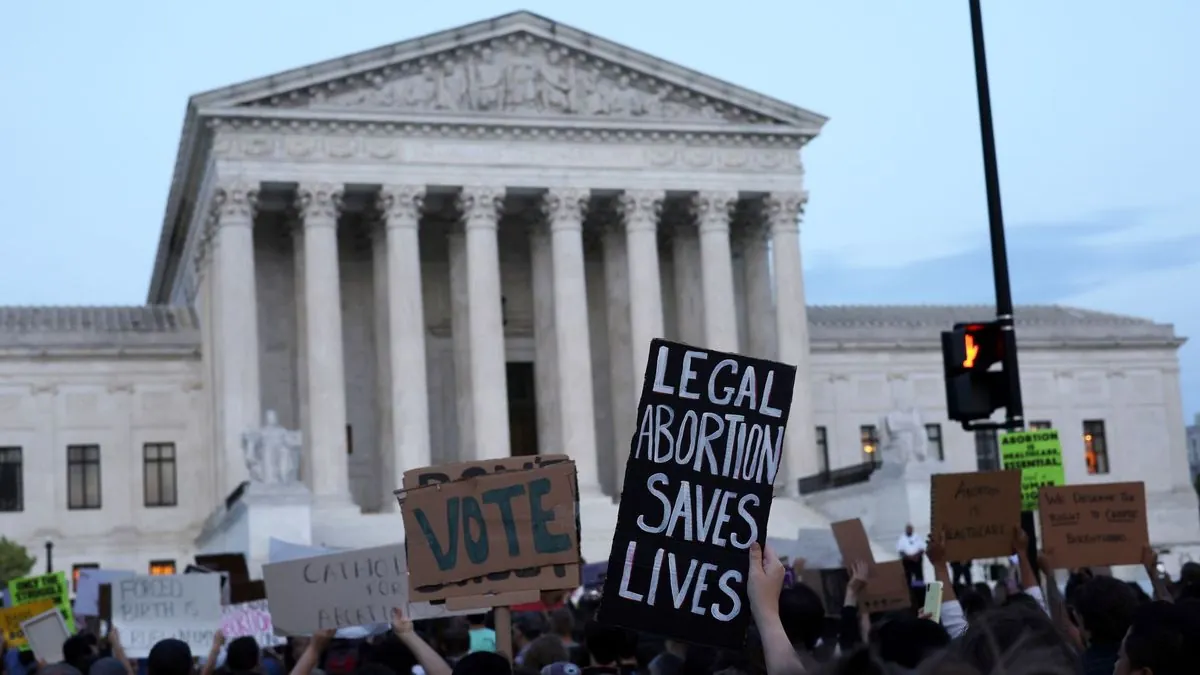The U.S. judicial system has recently undergone a significant change in its ethics disclosure requirements, sparking controversy and criticism. Yesterday, September 23, 2024, the U.S. Judicial Conference's Committee on Financial Disclosure issued an amended policy that alters the rules for Supreme Court justices and federal judges regarding the disclosure of certain personal hospitality.
Under the new guidelines, justices and judges are not required to publicly disclose when they dine or stay at someone's personal residence, even if that property is owned by a business entity. This modification has drawn sharp criticism from ethics watchdogs and reform advocates, who argue that it weakens the ethical standards for the judiciary.
The timing of this policy change is particularly noteworthy, as it comes amid ongoing ethics controversies surrounding the Supreme Court. In recent months, there have been allegations of undisclosed gifts and luxury travel involving some justices, most notably Justice Clarence Thomas.
Critics of the new policy have been vocal in their opposition. Donald Sherman, chief counsel at Citizens for Responsibility and Ethics in Washington (CREW), referred to the amended policy as the "Clarence Thomas exemption," highlighting the perceived connection between the rule change and recent controversies involving the justice.
The Supreme Court, established in 1789 by Article III of the U.S. Constitution, has faced increasing scrutiny over its ethical practices. Approximately a year ago, the Court announced its first formal code of conduct for justices, a move aimed at addressing growing concerns about ethical behavior. However, critics noted that this code lacked an enforcement mechanism.
The recent policy change appears to contradict stricter regulations adopted about 18 months ago. Those rules, implemented in March 2023, made it more difficult for judges to claim a personal hospitality exception. The previous guidelines stated that the exemption did not apply to stays at commercial properties or gifts of hospitality paid for by entities or third parties.
"The new policy watered down stricter regulations announced last year and 'twisted' the meaning of personal hospitality in ways that could result in some of the past stays by Thomas at Crow's properties being deemed exempt from disclosure."
This statement reflects the concerns of many advocacy groups that the revised policy could potentially exempt certain controversial stays from disclosure requirements.
The Supreme Court's role in the U.S. legal system is paramount, with its decisions having far-reaching implications. The Court typically hears oral arguments in about 80 cases each term, selected from approximately 7,000-8,000 petitions. Its power of judicial review, established in the landmark case Marbury v. Madison (1803), allows it to determine the constitutionality of laws and executive actions.
As this debate unfolds, it's important to note that the Supreme Court's ethical standards and practices continue to evolve. The concept of "stare decisis" (let the decision stand) is a crucial principle in the Court's jurisprudence, yet the institution itself must also adapt to changing expectations of transparency and accountability.
The ongoing discussion surrounding judicial ethics underscores the delicate balance between maintaining the integrity of the judicial system and ensuring appropriate oversight. As the highest court in the land, the Supreme Court's actions and policies are subject to intense scrutiny, reflecting its critical role in upholding the rule of law in the United States.
